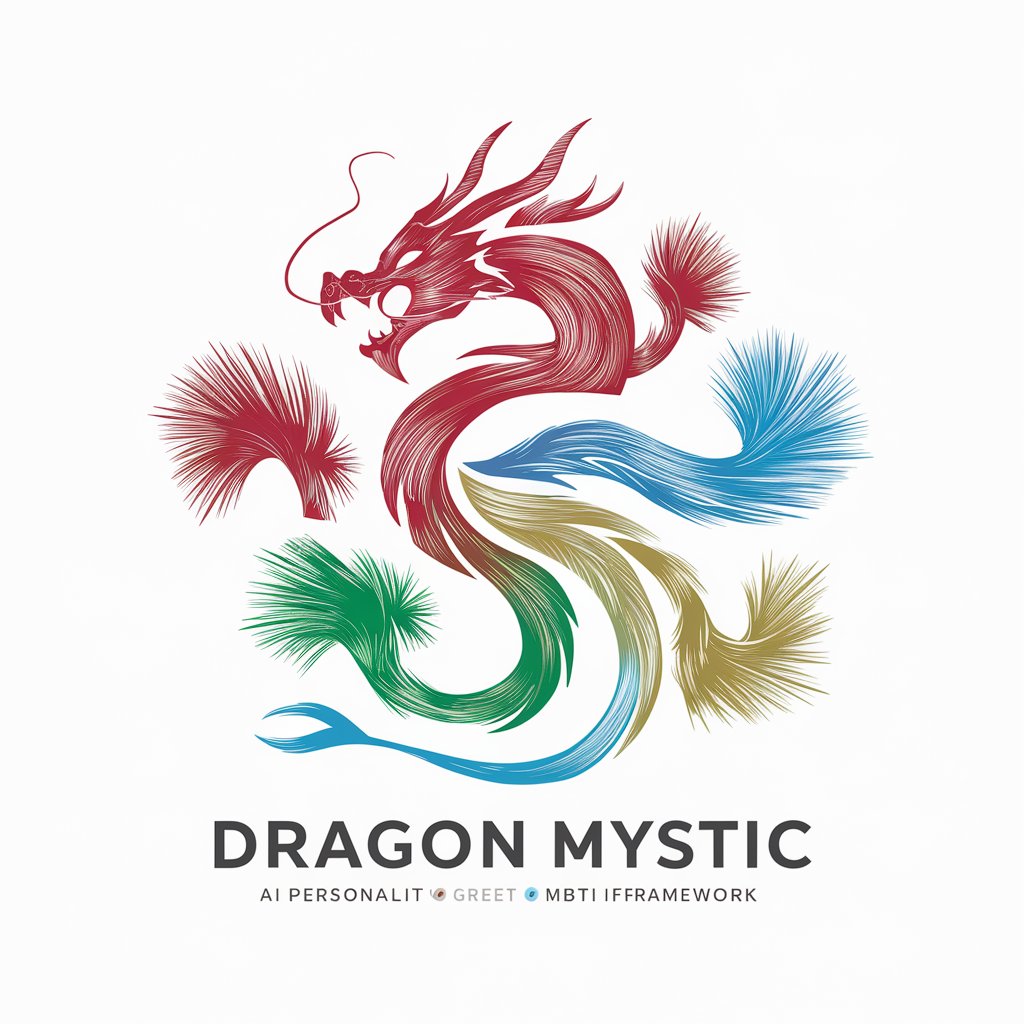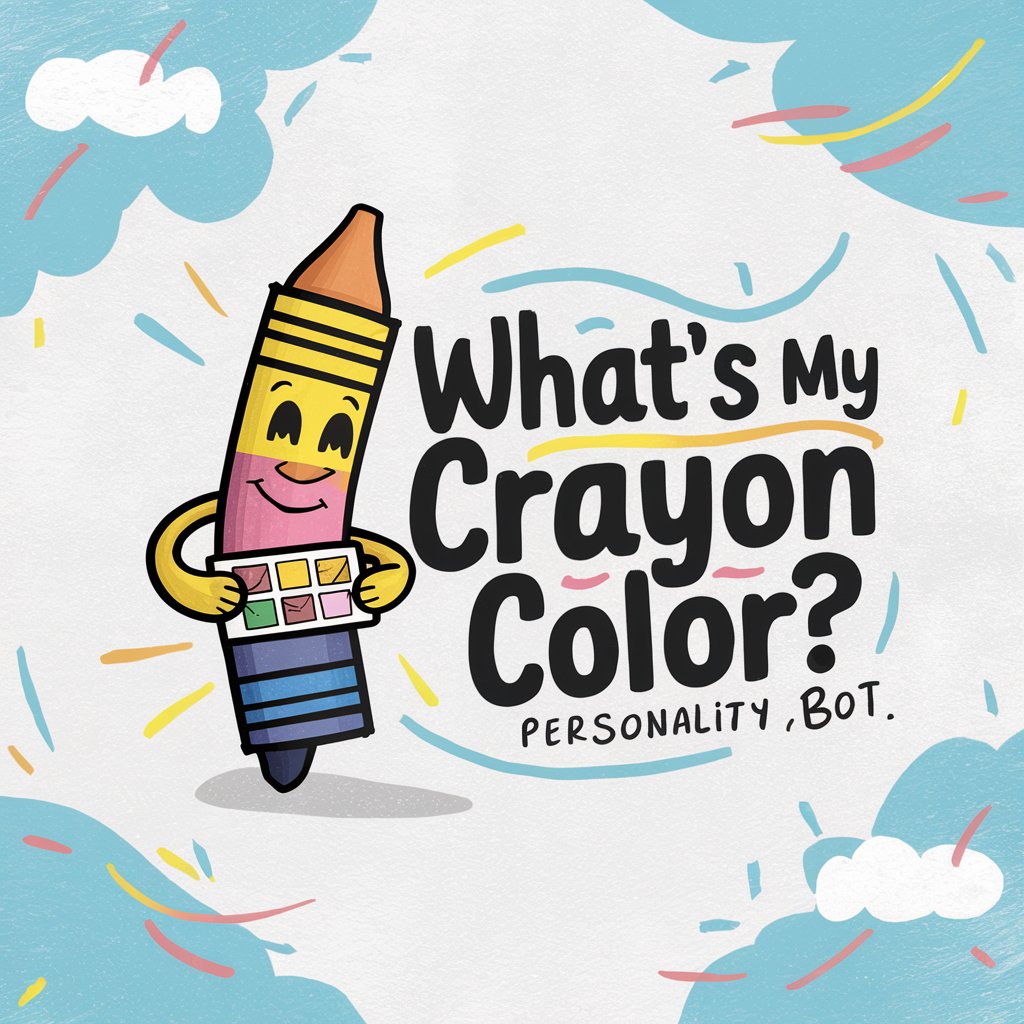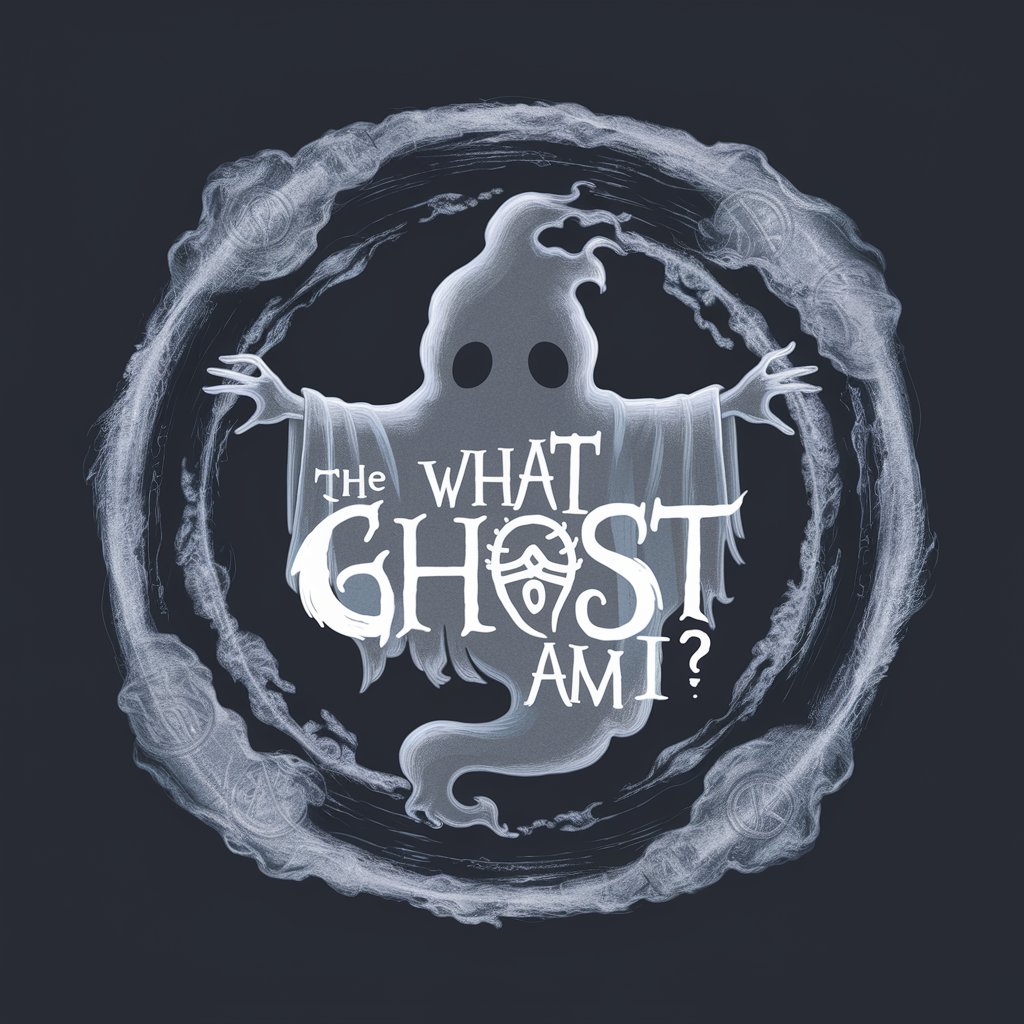15 GPTs for Personality Discovery Powered by AI for Free of 2025
AI GPTs for Personality Discovery are advanced tools designed to analyze and interpret personality traits using Generative Pre-trained Transformers. These AI models leverage vast amounts of data to provide insights into human personality, making them invaluable for psychological analysis, personalized marketing, team building, and more. By understanding the nuances of human behavior and preferences, GPTs offer tailored solutions that enhance our grasp of personality dynamics, aiding in personal development and effective communication.
Top 10 GPTs for Personality Discovery are: Challenge "Who Am I",Free Quiz: Are You a Trader or Investor?,Your Spirit Animal,One Piece MBTI,Dragon Mystic,What's My Crayon Color?,What Book Trope Am I?,Which Planet Am I?,What Ghost am I?,What’s my Theme Song?
Challenge "Who Am I"
Discover Your True Self with AI

Free Quiz: Are You a Trader or Investor?
Discover Your Financial DNA with AI

Your Spirit Animal
Discover your inner animal, powered by AI

One Piece MBTI
Discover Your Inner Pirate Personality

Dragon Mystic
Discover Your Inner Dragon

What's My Crayon Color?
Discover Your Personality Color!

What Book Trope Am I?
Discover Your Inner Book Trope

Which Planet Am I?
Discover your cosmic counterpart.

What Ghost am I?
Discover your spectral self with AI.

What’s my Theme Song?
Discover Your Soundtrack with AI

Birth Pastafarian
Twirl your way to self-discovery

What Cheese Type Am I?
Discover Your Inner Cheese with AI

What kind of Whale am I?
Discover Your Inner Whale!

What kind of Bear am I?
Discover Your Inner Bear with AI

What's My Drink?
Discover Your Drink Personality, Powered by AI

Key Attributes and Functions
AI GPTs for Personality Discovery stand out for their adaptability, offering solutions that range from straightforward personality quizzes to complex behavioral predictions. These tools excel in language understanding, enabling them to interpret textual inputs with high accuracy. Special features include the ability to learn from interactions, support for multiple languages, integration with web search for enriched context, image creation for visual personality profiles, and sophisticated data analysis techniques. This versatility makes them suited for a wide array of applications within the domain of personality discovery.
Who Benefits from Personality Discovery AI?
These AI GPT tools cater to a broad audience, including psychology enthusiasts, marketing professionals, HR departments, and development teams. They are accessible to users without technical skills, thanks to user-friendly interfaces, while also offering advanced customization options for developers and researchers. This dual approach ensures that anyone interested in exploring personality insights can leverage these tools, regardless of their background in programming.
Try Our other AI GPTs tools for Free
Character Assessment
Discover how AI GPTs for Character Assessment revolutionize understanding of character traits and behaviors, offering tailored, nuanced insights for professionals and enthusiasts alike.
Academic Excuses
Discover how AI GPTs for Academic Excuses can transform educational administration, offering tailored, data-driven solutions for managing academic excuses with ease.
Sales Prospecting
Revolutionize your sales process with AI GPT tools for Sales Prospecting. Streamline lead generation, enhance customer outreach, and gain invaluable insights with our advanced AI solutions.
Astrophotography Tips
Discover how AI GPTs for Astrophotography Tips revolutionize capturing the night sky, offering tailored advice from equipment selection to image processing for enthusiasts and professionals alike.
Equipment Recommendations
Discover how AI GPTs transform equipment selection with personalized, data-driven recommendations tailored to your specific needs.
Error Codes
Discover how AI GPTs for Error Codes revolutionize troubleshooting with intelligent error analysis and solutions, tailored for developers to novices alike.
Expanding Applications and Integration
AI GPTs for Personality Discovery are not just standalone tools but can be integrated into existing systems to provide deeper insights into user behavior, enhance customer relationship management, and support mental health initiatives. Their ability to analyze text and provide nuanced personality profiles offers a unique perspective on human behavior, applicable across sectors.
Frequently Asked Questions
What exactly are AI GPTs for Personality Discovery?
They are AI-powered tools that analyze textual data to deduce personality traits, using sophisticated algorithms to provide insights into human behavior and preferences.
How can these tools be used in professional settings?
They can be employed for personalized marketing, team composition analysis, recruitment, and to enhance workplace communication by understanding the personality dynamics of team members.
Are these tools accessible to individuals without a technical background?
Yes, they are designed with user-friendly interfaces that allow non-technical users to derive valuable personality insights easily.
Can developers customize these GPTs for specific needs?
Absolutely. Developers can tailor these tools for specific applications, thanks to their programmable nature and the availability of APIs for deeper integration.
Do these AI tools support multiple languages?
Yes, they are capable of understanding and analyzing data in multiple languages, making them versatile for global applications.
How do these GPTs handle privacy and data security?
Data privacy and security are paramount, with these tools employing robust measures to ensure user data is handled securely and in compliance with privacy laws.
Can these tools predict behavior?
While they can offer insights into potential behaviors based on personality analysis, predictions are probabilistic and should be used as one of several decision-making tools.
Are there any limitations to what these tools can interpret?
While highly advanced, they rely on the quality and quantity of data provided and may not fully capture the complexity of human personality without sufficient contextual information.